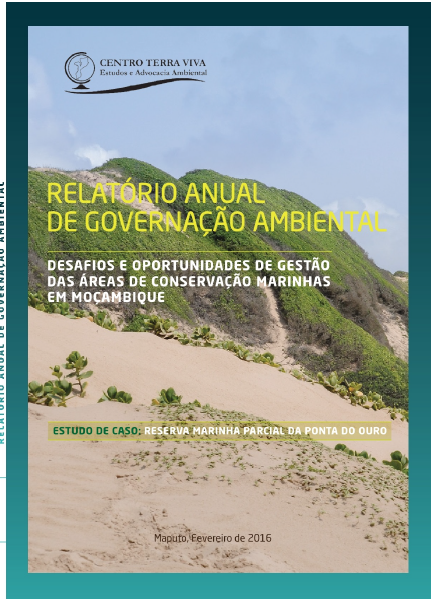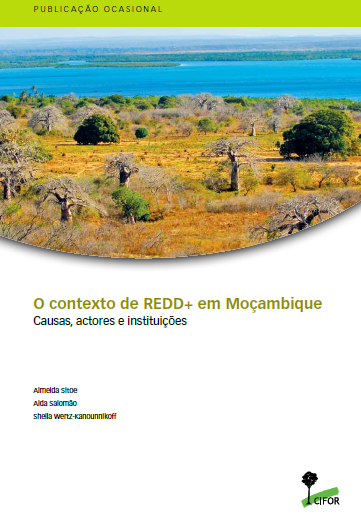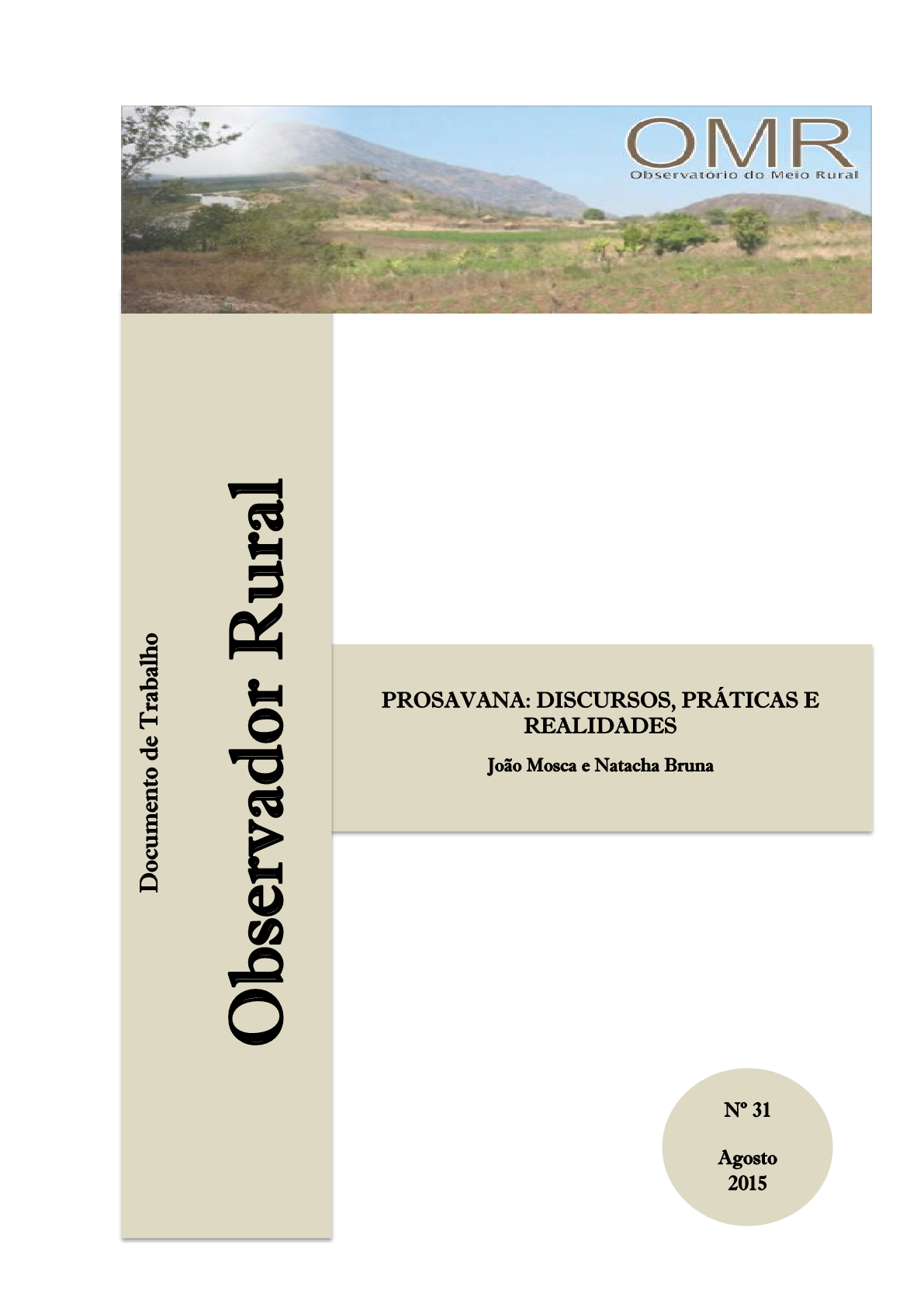Mineração artesanal em Moçambique – Cenário Far West e Propostas de Mudança
A mineração artesanal, vulgarmente conhecida como garimpo, constituiu uma actividade de extracção de minérios, realizada com tecnologia rudimentar e sem equipamentos de sondagem, requerendo, por isso, o investimento de pouco capital. A mineração artesanal é, normalmente, realizada na informalidade, na maioria dos casos sem licença de exploração, num processo por vezes itinerante e realizado por grupos independentes.





